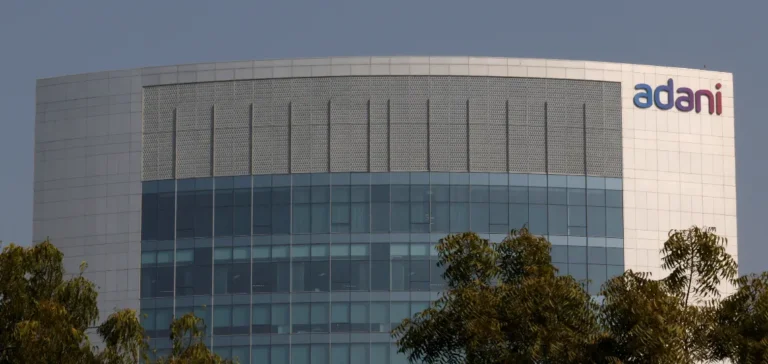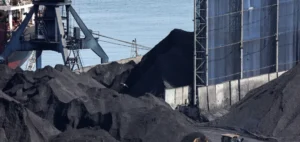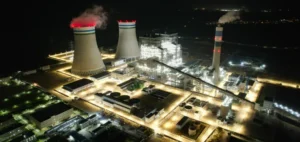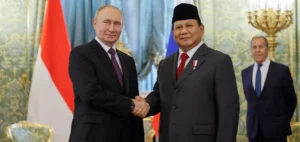The High Court of Bangladesh has ordered the immediate suspension of arbitration proceedings between the Bangladesh Power Development Board (BPDB) and Indian company Adani Power over a dispute concerning electricity supply payments. This decision follows the absence of a final report from an expert committee appointed by the court to assess the terms of the agreement signed in 2017.
The dispute focuses on the tariffs applied to electricity delivered by Adani Power from its 1,600-megawatt coal-fired power plant located in Godda, eastern India. The facility, connected to Bangladesh’s power grid, supplies nearly one-tenth of the country’s national electricity demand. In early November, Adani Power and BPDB agreed to initiate international arbitration to resolve the disputed receivables.
A contract under judicial review
Last year, the same court had already mandated a group of experts to examine the contract due to concerns about its transparency. The committee is tasked with assessing the fairness of the agreement and evaluating the appropriateness of the agreed tariff structure. According to Abdul Qayyum, a government representative, initiating arbitration before the report is submitted “would render the investigation worthless.”
The tariff charged for electricity supplied by Adani Power during the fiscal year ending June 30, 2024, stood at 14.87 takas ($0.1220) per unit. This is higher than the average of 9.57 takas paid to other Indian electricity providers. The price difference has led to criticism of the contract’s preferential treatment.
Dispute over tax incentives
In December, Bangladesh’s interim government accused Adani Power of breaching the agreement by refusing to apply the tax exemptions granted to the Godda plant in India. These benefits were included in the initial agreement as a competitive advantage for cross-border generation.
The Godda plant is a strategic asset for Adani Power, built specifically to supply electricity to Bangladesh under a long-term contract. The ongoing dispute may affect the stability of bilateral energy commitments, particularly as Bangladesh continues to rely heavily on imports to ensure the security of its electricity supply.






















